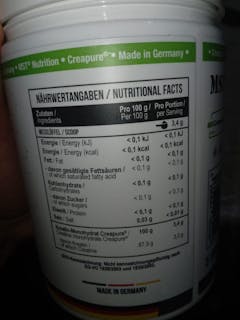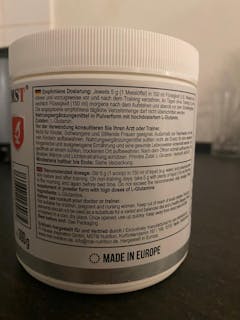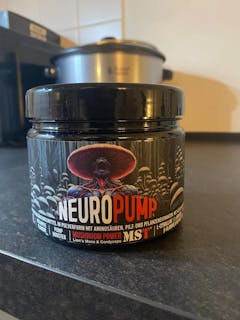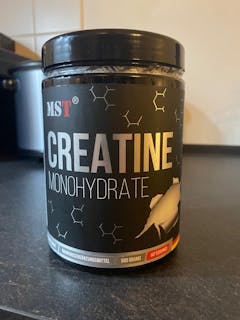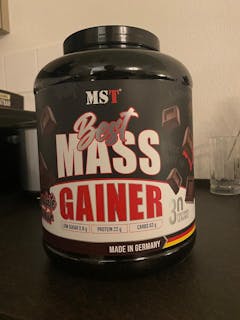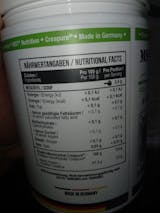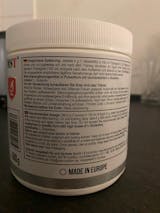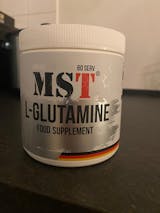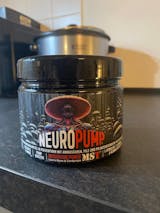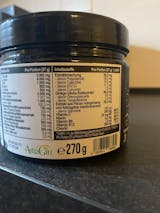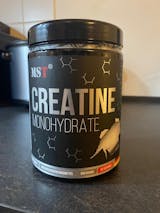Meine Erfahrung mit MST Creatine Pro Creapure® ist durchweg positiv. Das Pulver ist sehr fein, komplett geschmacksneutral und lässt sich problemlos in Wasser oder Saft mischen.
Schon nach kurzer Zeit habe ich gemerkt, dass meine Kraft im Training stabiler ist und ich mich schneller erhole. Genau das erwarte ich von einem hochwertigen Creatin Monohydrat. Besonders überzeugt mich die Verwendung von Creapure®, da dieser Rohstoff für Reinheit und Qualität aus Deutschland steht.
Insgesamt eine sehr gute Erfahrung mit MST Nutrition. Wer ein zuverlässiges, sauberes Creatin ohne unnötige Zusätze sucht, macht mit diesem Produkt nichts falsch. Würde ich jederzeit wieder kaufen.
Glutamin ein alles Könner für mich darmgesundheit Verdauung läuft top damit muskelermüdung bye bye meine dosierung liegt bei 30g am tag verteilt a 10g
Beste pump booster kein down kein crash super pump der lange anhält!! Gewichtssteigerung bei bankdrücken !
Ein Muss für jeden bodybuilder !!!
10g täglich für mich eine optimale dosierung für einen soliden Aufbau Kraft und masse








